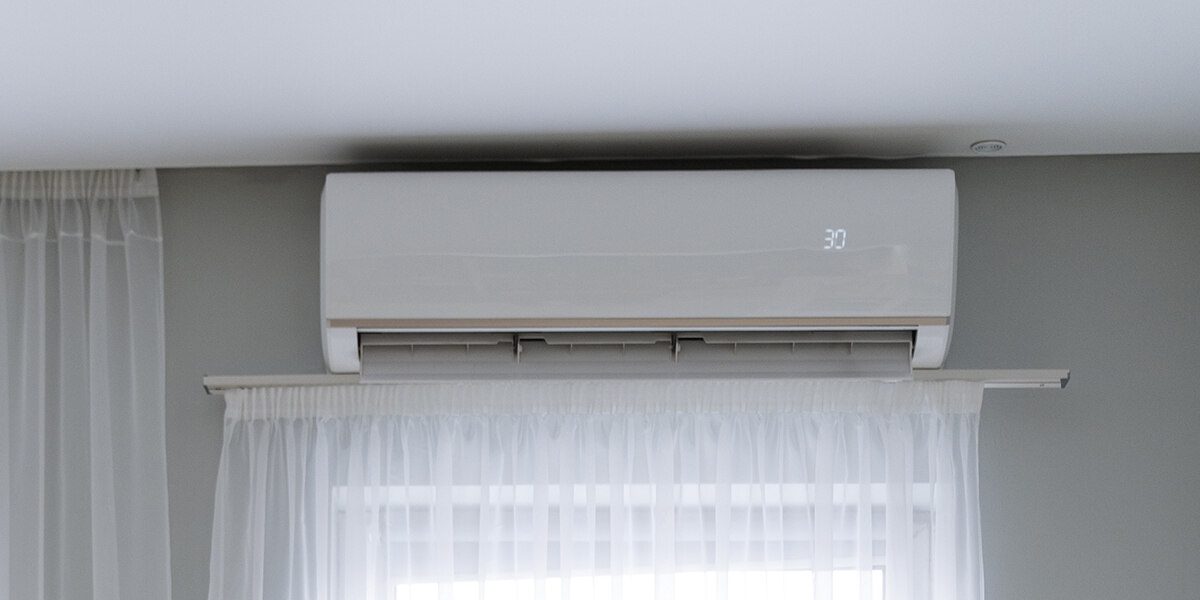
Florida’s typically warm and humid climate comes from its proximity to the equator and nearby oceans and water sources. Leaving the AC off is out of the question with the threat of property damage or heat stress. Therefore, residents and business owners in the state need to balance energy usage with proper air conditioning.
Is it more energy-efficient to leave the AC on all day, or should you turn it off when you aren’t around? As a leading provider of heating and air conditioning services in Tallahassee, FL, Cooper’s Plumbing & Air experts can answer your questions. Here’s what you need to know about the impact of leaving the AC running on energy use.
Why Many Homes Need an AC
While some property owners prefer to deal with different temperatures, some city ordinances at least require businesses to have some functioning form of air conditioning. The likelihood of heat waves has increased by about 200% since the 1960s. In tropical climates, the heat combined with the humidity can lead to dangerous environmental conditions.
Many people begin suffering from heat syncope and other heat-related illnesses as they lose salt and water via sweating. Florida temperatures tend to get hotter than many other parts of the U.S., so citizens and visitors need to monitor their health carefully.
Aside from health, many medications and electronics require lower-temperature environments for storage and operation. Otherwise, the device may malfunction, or the medicine may become less effective or even toxic. Many household items, like cleaners and sprays, also have temperature requirements you need to follow.
A building kept at a good median temperature with a functioning AC allows its occupants and the objects inside to stay safe or function as intended.
Measuring the Efficiency of Continuous AC Operation
With all of that said, you also don’t want to leave your AC on for so long that you rack up an energy bill you cannot afford to pay. You must balance energy use and comfort to find a happy medium where you get the most out of both.
So, is it more energy-efficient to leave the AC on in any case? After all, energy consumption with the AC left on seems like it would be higher than if you turned it off.
However, to benefit most from your air conditioner efficiency, you need to consider several factors, including the property cooling fact noted above:
- Unit Age: Your AC unit wears down over time, becoming less efficient the older it is. It may also use outdated refrigerant for cooling, meaning you cannot purchase more refrigerant once it runs out. Consider updating your unit if it is over ten years old for better energy efficiency.
- Location: Areas with temperate temperatures that do not fluctuate often during a given month tend to need less air conditioning than areas with more extreme temperature differences. For example, you may need your AC on less often in Missouri than in Nevada.
- SEER Rating: A Seasonal Energy Efficiency Ratio measures how efficiently an air conditioner will function depending on outdoor temperatures. Higher SEER ratings indicate more efficient systems. Florida requires that all new central ACs have a SEER rating of 15 and above.
- Building Age: Older buildings tend to have less insulation, which means the temperature indoors tends to match closer to that outdoors. An AC would need to work harder and more consistently to keep the temperature comfortable.
A Property Cooling Fact You Need to Know
As of 2022, the average home in the United States is about 2,300 square feet. Properties around this size tend to take three hours if you want to reduce the indoor temperature by 10 degrees Fahrenheit. You can roughly estimate it would take 18 minutes to reduce a room’s temperature by 1 degree.
So, let’s say the inside of your property gets up to 88 degrees, and you want to reduce it to 75 degrees. You must leave the AC on for about 234 minutes, or 3 hours and 54 minutes. Someone who needs to return the indoor temperature to 75 degrees from 93 degrees waits an additional 90 minutes.
The time between the previous temperature and the temperature you want has a sizable impact on AC operation and energy conservation. Moreover, an AC unit has to work harder to get a room to your desired temperature the further away it is from the goal.
When Leaving Your AC on for Energy Savings Works
Then, in some cases, is it more energy-efficient to leave the AC on? Yes!
Considering Florida’s climate, Tallahassee is one of the few cities where leaving the AC on works particularly well. When do you get the most savings by leaving your system running while you’re out?
- If your property has poor insulation
- If you plan to be away for three hours or more
- If you live in an area with consistently high humidity
- If you see or hear reports of an incoming heat wave
The key to making this system work well is to keep indoor temperatures around 75 to 78 degrees Fahrenheit. This temperature range sits at a good median between too hot and too cold, which does not take as much effort for an AC system to reach. You can also use a programmable thermostat, which can turn off while you are away but then turn on a few hours before you return.
The energy efficiency of leaving your AC running can reduce your energy bill by over 10% annually.
We Solve Your AC Problems and Questions
What should you do if you find your AC leaking water on your floors? Is it more energy-efficient to leave your AC on during storms?
Cooper’s Plumbing & Air specialists address these issues and more every day. Our licensed and insured HVAC experts have been helping Tallahassee citizens keep their homes and businesses in top shape for over 20 years.
You can trust Cooper’s Plumbing & Air to get your building back in working order quickly and efficiently. If you have any questions or need help with an HVAC emergency, call 866-464-7132 today!
